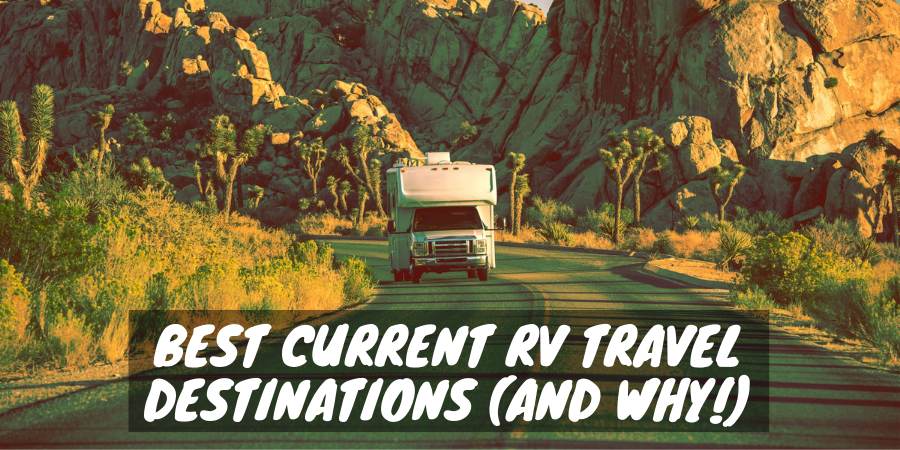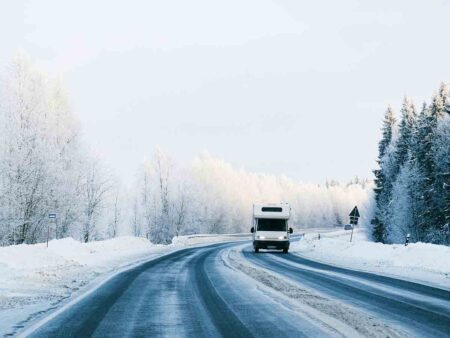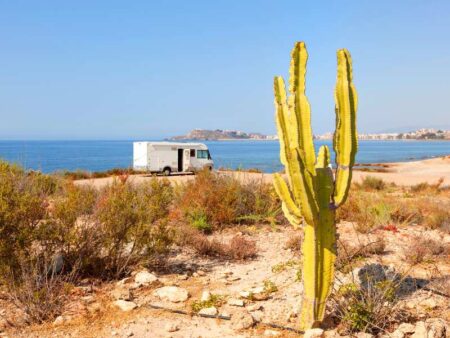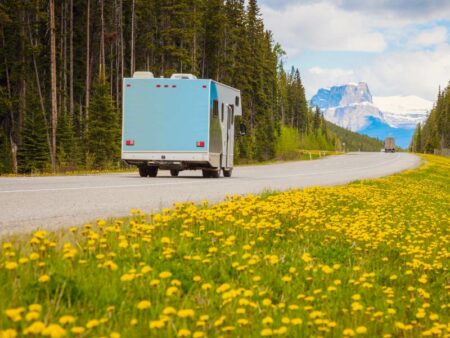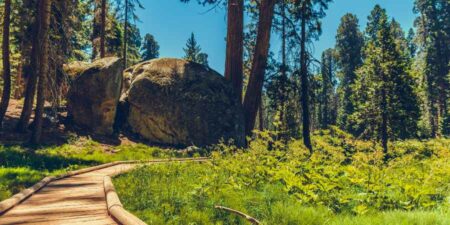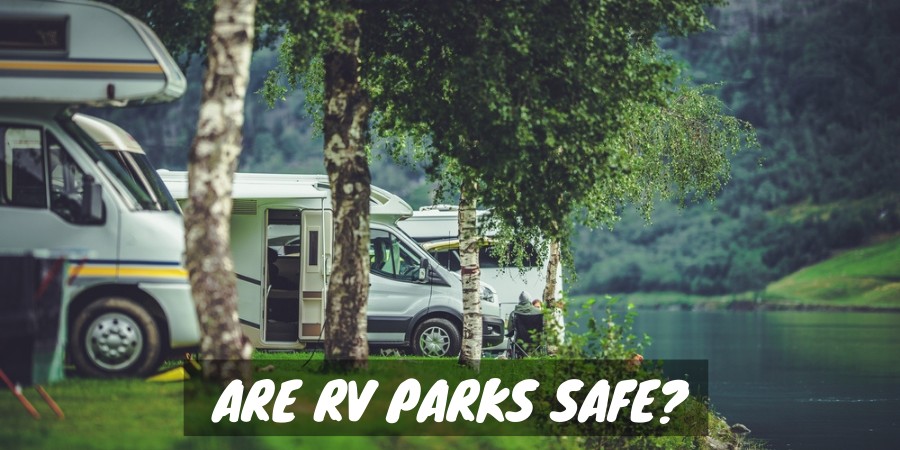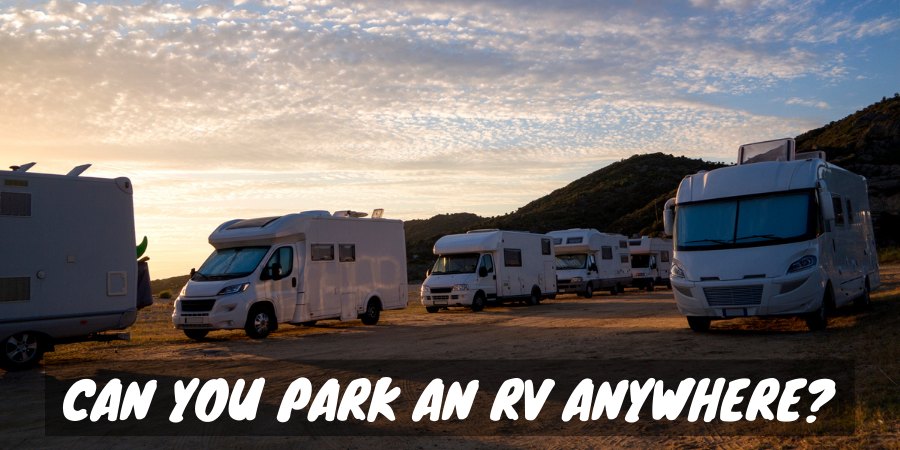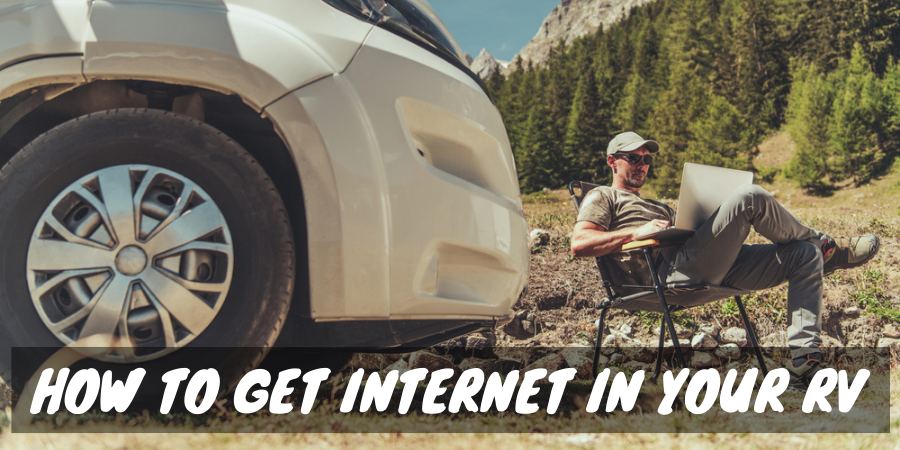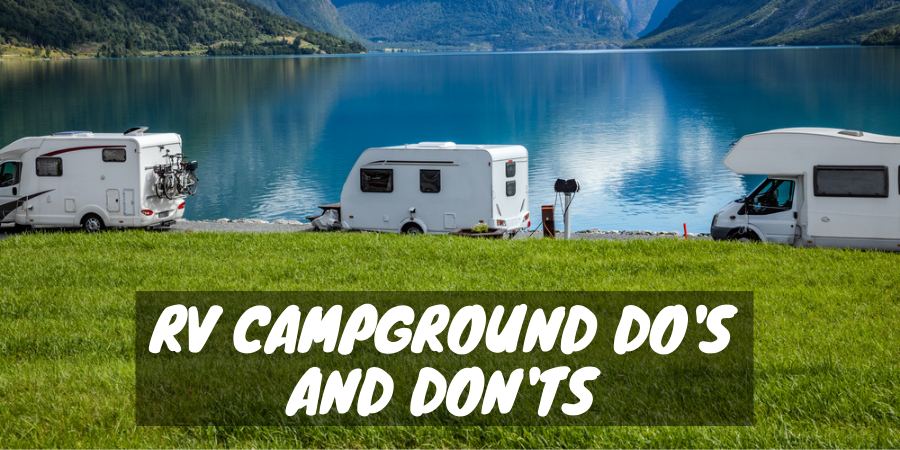Ever thought about a getaway that’s exciting, peaceful, and doesn’t break the bank?
For the perfect balance of safety, relaxation, and enjoyment at a wallet-friendly price, consider visits to state and national parks that have RV campgrounds.
An RV journey to state and national parks could be the ideal answer you’re seeking. Unlike overcrowded resorts, these parks offer ample space between campsites, ensuring your privacy and peace.
Beyond just being a place to stay, they open up a world of recreational activities, from hiking and bird-watching to kayaking, ensuring every day brings a new, exciting experience.
To me, state and national parks are some of the best RV travel destinations.
Let me explain why.
Reasons Why You Should Consider State and National Parks
In contrast to many conventional RV resorts or parks, which often prioritize profit over natural beauty and tend to pack in as many campers as possible, state and national parks offer a refreshingly different approach. These parks celebrate the intrinsic beauty of nature, providing campers with ample space between sites for a more serene and private experience.
The layout of many state and national park campgrounds is thoughtfully designed to optimize privacy and integration with nature. It’s not uncommon to find yourself in a location where your RV neighbor is entirely out of sight. This sense of seclusion offers campers a unique chance to disconnect from the crowded hustle and bustle and connect deeply with the peaceful ambiance of nature.
Imagine setting up your RV in your private, tucked-away campsite, where the only interruption is the occasional rustle of leaves or the chirping of a far-off bird. This is the rejuvenating “breath of fresh air” that we all crave.
Taking advantage of the many free recreational offerings state and national parks deliver is another plus. Set up your RV at the campsite, open your door, and you’re steps away from hiking, swimming, walking your dog, kayaking, riding your bike, bird watching, and more.
Both state and national parks offer annual passes and listings of all their campgrounds that accommodate recreational vehicles. Furthermore, these parks honor seniors and service members by providing additional discounts on campsite pricing. This means you can enjoy a quality camping experience without breaking the bank.
One important detail to be aware of when camping in national and state parks is the type of hookups available for RVs. Most campgrounds offer basic amenities such as electrical and water hookups. However, while some newer campgrounds may offer full hookups, don’t expect to find a direct sewer hookup at most park campsites. You might have to use the provided dump station instead. Despite this slight inconvenience, the overall experience of immersing yourself in the natural splendor of these parks more than compensates for it.
Have You Considered Boondocking (Dry Camping)?
A secondary travel destination is to park your RV and do some boondocking (or dry camping) on Bureau of Land Management (or BLM) land. Not only is BLM camping free or super-low cost, but it’s also often in remote locations that keep you far from any camping neighbors.
Many RVers learn that boondocking is not as unpleasant as it sounds. When you bring enough water, can set up a campfire (or your propane grill) for cooking, and don’t mind following some guidelines for going to the bathroom, you can enjoy real peace and quiet away from the stresses of home.
Boondocking RVers often add a solar panel or two to their camper to keep lights running or go full-board to run appliances. In any scenario, the use of a portable solar electric-generating system is a handy piece of RV equipment to consider.
25 Best National Parks in the United States (Video)
Conclusion
Immersing yourself in the natural splendor of state and national parks by way of RV camping offers a refreshingly different approach to adventure and relaxation.
The parks present a perfect blend of tranquility and affordability, along with a bounty of recreational activities at your doorstep.
However, it’s important to note that while some campgrounds offer essential amenities, you may have to adjust to minor inconveniences such as limited hookups.
Alternatively, boondocking on BLM land can provide an even more secluded experience for those craving solitude, provided they’re prepared to follow certain guidelines.
Related Questions
1. What are some common recreational activities available at state and national park RV campgrounds?
Want to Connect With a Community of Over 1,078 RV Enthusiasts?
Common recreational activities at state and national park RV campgrounds include hiking, swimming, walking your dog, kayaking, riding your bike, and bird watching.
2. How do state and national parks provide an affordable camping experience?
State and national parks offer annual passes and campground listings that accommodate RVs. Additionally, they provide discounts for seniors and service members, making it a cost-effective camping option.
3. What is boondocking or dry camping?
Boondocking, also known as dry camping, involves parking your RV in remote locations like Bureau of Land Management (BLM) land where there are typically no utility hookups. It’s often free or very low cost.
4. What kind of hookups can I expect at most state and national park campgrounds for my RV?
Most state and national park campgrounds provide basic amenities such as electrical and water hookups. However, full hookups, including a direct sewer line, are less common, and you may need to use a provided dump station instead.
5. How does boondocking on Bureau of Land Management (or BLM) land differ from camping in state and national parks?
While both offer immersion in nature, boondocking on BLM land tends to be more remote and solitary. It requires more self-sufficiency, as it often lacks utility hookups, requiring equipment like solar panels for electricity and adhering to guidelines for water and waste management.
"Man cannot discover new oceans unless he has the courage to lose sight of the shore."
-- Andre Gide

